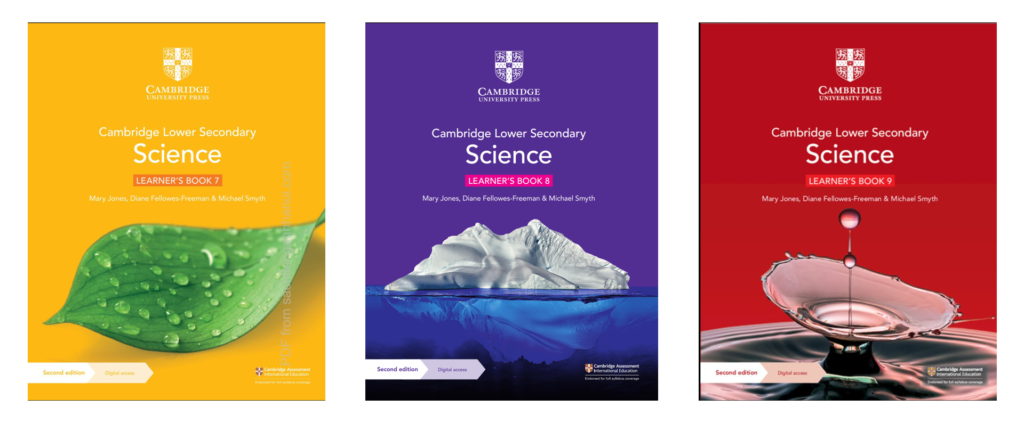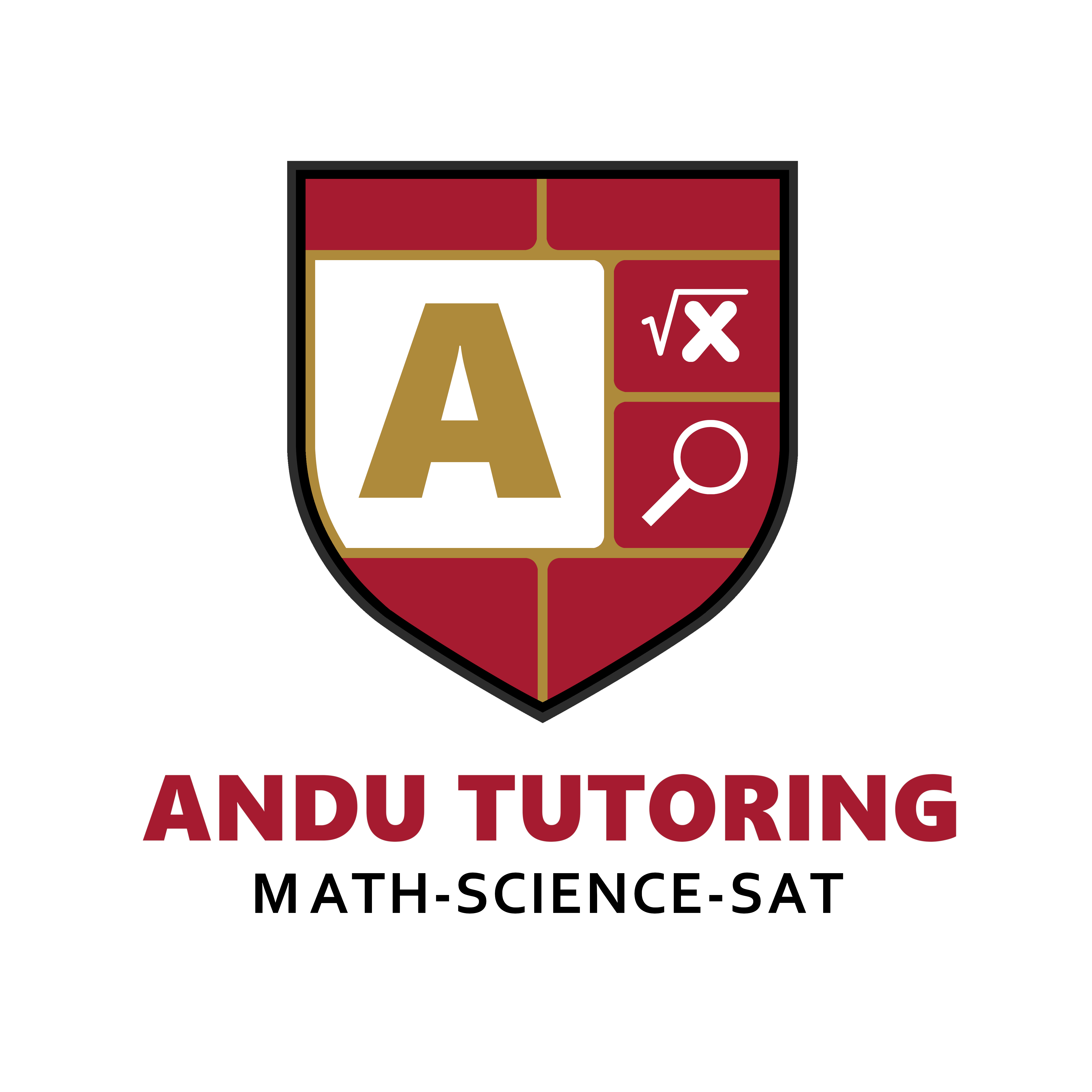
Lower Secondary (Checkpoint) Science is designed for students typically aged 11-14 and serves as a foundation for more advanced studies in science. The curriculum aims to develop scientific knowledge, understanding, and skills through a range of engaging topics and practical activities. Here’s an overview of the key topics and components typically covered in Lower Secondary (Checkpoint) Science:
### Key Topics
#### Biology
1. **Cells and Organisms**
– Cell structure and function
– Differences between plant and animal cells
– Organization of cells into tissues, organs, and systems
2. **Reproduction**
– Human reproductive system
– Fertilization and development
– Reproduction in plants (flowers, pollination, seed formation)
3. **Variation and Classification**
– Differences between species
– Classification of living organisms (kingdoms, species, etc.)
– Importance of biodiversity
4. **Interdependence of Organisms**
– Food chains and food webs
– Ecosystems and habitats
– Adaptations of organisms to their environment
5. **Health and Disease**
– Causes and prevention of diseases
– Role of the immune system
– Importance of a balanced diet and exercise
#### Chemistry
1. **States of Matter**
– Solids, liquids, and gases
– Changes of state (melting, boiling, condensation, freezing)
– Particle theory
2. **Materials and Their Properties**
– Metals, non-metals, and alloys
– Properties and uses of different materials
– Acids, bases, and neutralization reactions
3. **Elements, Compounds, and Mixtures**
– Differences between elements, compounds, and mixtures
– Separation techniques (filtration, distillation, chromatography)
– Chemical reactions and equations
4. **The Periodic Table**
– Structure of the periodic table
– Groups and periods
– Properties of elements in different groups
5. **Chemical Reactions**
– Types of chemical reactions (combustion, oxidation, displacement)
– Reactivity of metals and non-metals
– Energy changes in chemical reactions
#### Physics
1. **Forces and Motion**
– Types of forces (gravity, friction, magnetic, etc.)
– Effects of forces on motion
– Simple machines and their uses
2. **Energy**
– Forms of energy (kinetic, potential, thermal, etc.)
– Energy transfer and conservation
– Renewable and non-renewable energy sources
3. **Waves**
– Properties of waves (amplitude, wavelength, frequency)
– Sound waves and their properties
– Light waves and their behavior (reflection, refraction, dispersion)
4. **Electricity and Magnetism**
– Basic electrical circuits (components, symbols, and diagrams)
– Conductors and insulators
– Magnets and magnetic fields
5. **Earth and Space**
– Structure of the Earth
– The solar system and beyond
– Cycles of the Moon and seasons
### Practical Skills
– **Scientific Inquiry**:
– Formulating hypotheses and making predictions
– Planning and conducting experiments
– Observing and measuring accurately
– Recording and analyzing data
– Drawing conclusions and evaluating results
### Exam Preparation
1. **Understand the Syllabus**:
– Familiarize yourself with the specific Lower Secondary (Checkpoint) Science syllabus provided by your exam board.
– Identify the key topics and concepts you need to study.
2. **Regular Practice**:
– Solve past exam papers and practice questions to understand the format and types of questions asked.
– Practice drawing and labeling diagrams.
3. **Conceptual Understanding**:
– Focus on understanding the underlying principles and mechanisms rather than memorizing facts.
– Use diagrams and real-life examples to grasp complex concepts.
4. **Use of Scientific Terms**:
– Learn and use correct scientific terminology.
– Practice writing clear and concise explanations.
5. **Review and Revision**:
– Regularly review your notes and textbook.
– Use revision guides and online resources to reinforce your understanding.
### Resources
– **Textbooks and Revision Guides**:
– Use recommended textbooks that cover the Lower Secondary (Checkpoint) Science syllabus in detail.
– Revision guides can provide concise summaries and practice questions.
– **Online Resources**:
– Websites like BBC Bitesize, Khan Academy, and other educational platforms offer tutorials, practice problems, and interactive activities.
– Online forums and study groups can provide additional support and insights.
By thoroughly understanding the topics, practicing regularly, and utilizing available resources effectively, students can excel in Lower Secondary (Checkpoint) Science exams and build a strong foundation for further studies in science.

